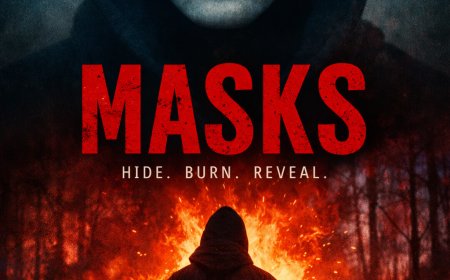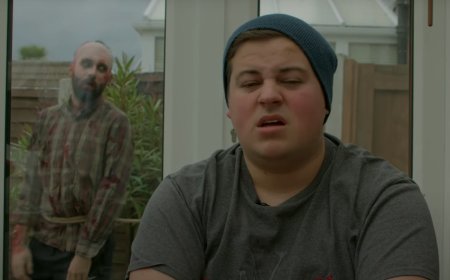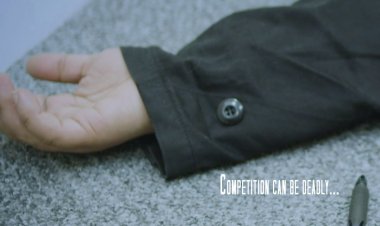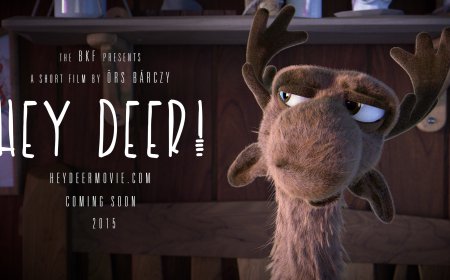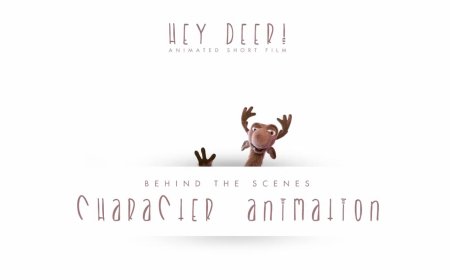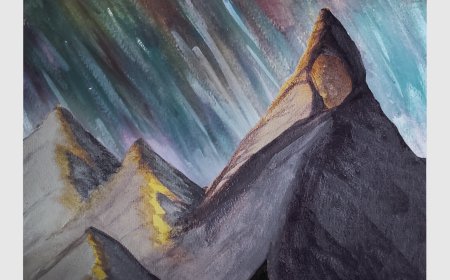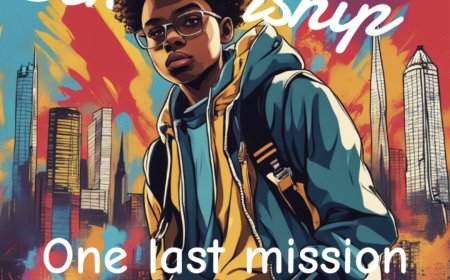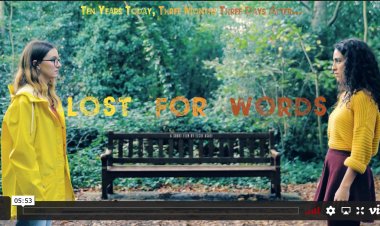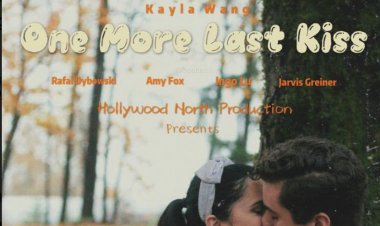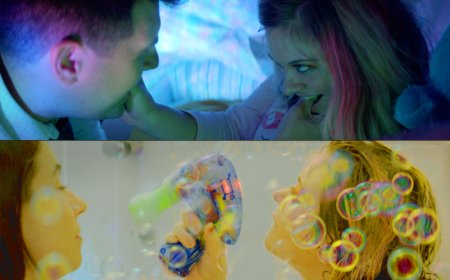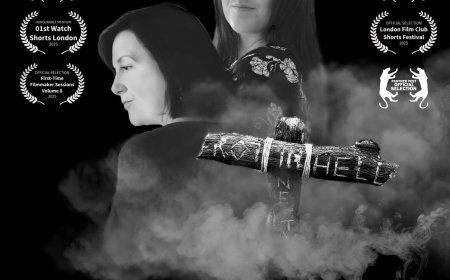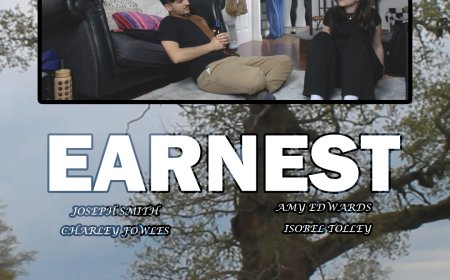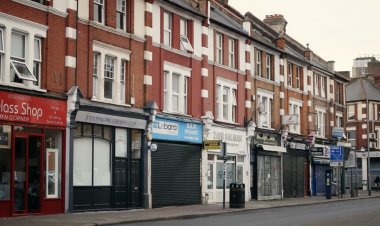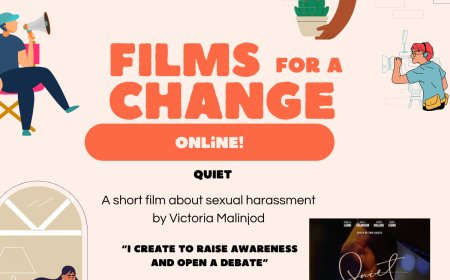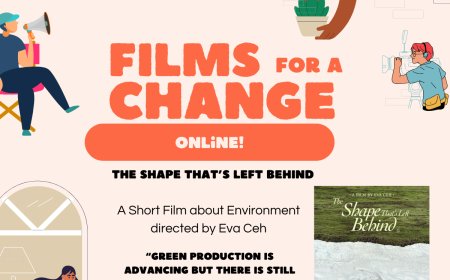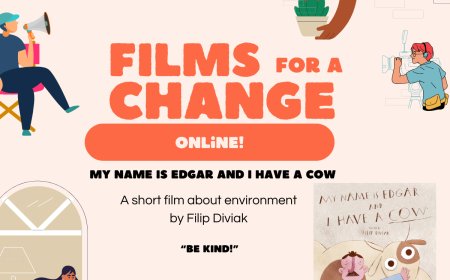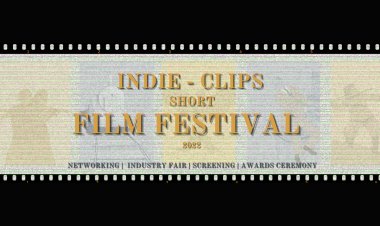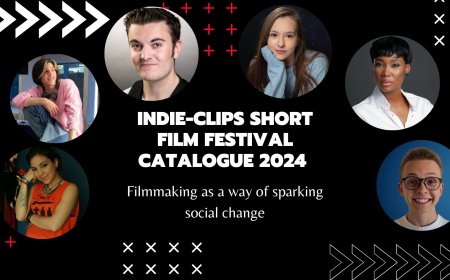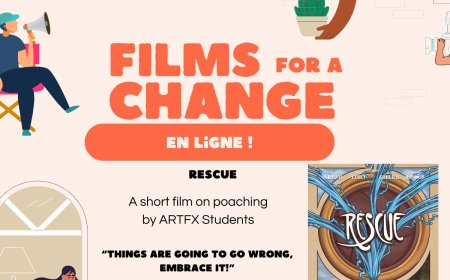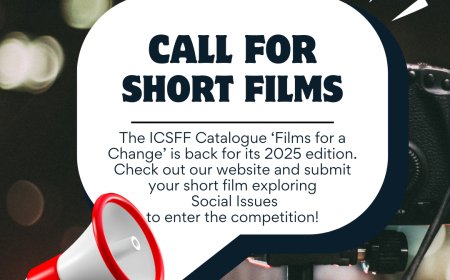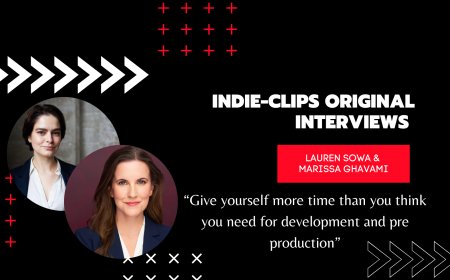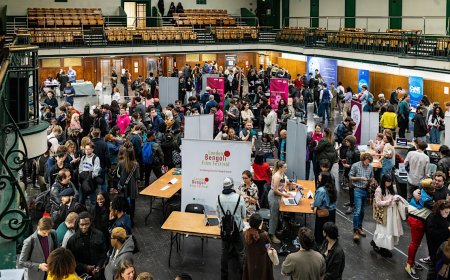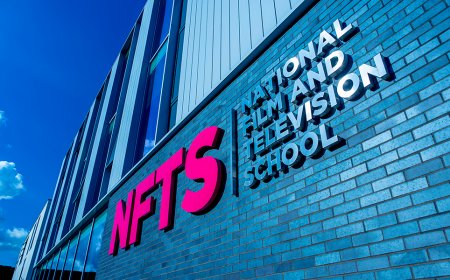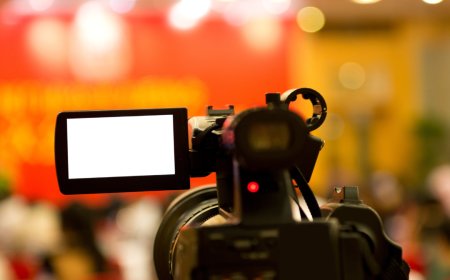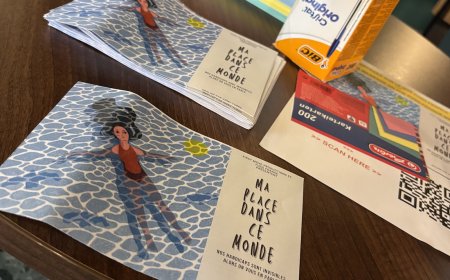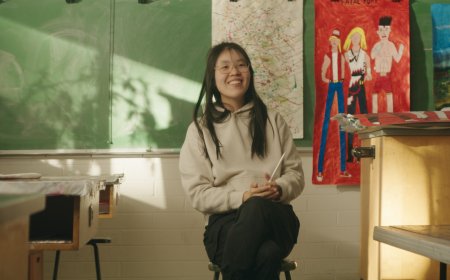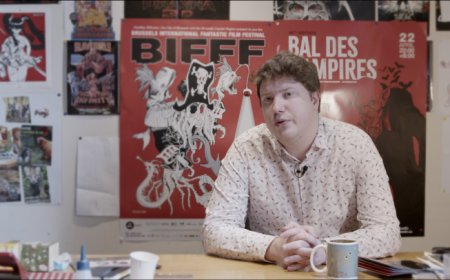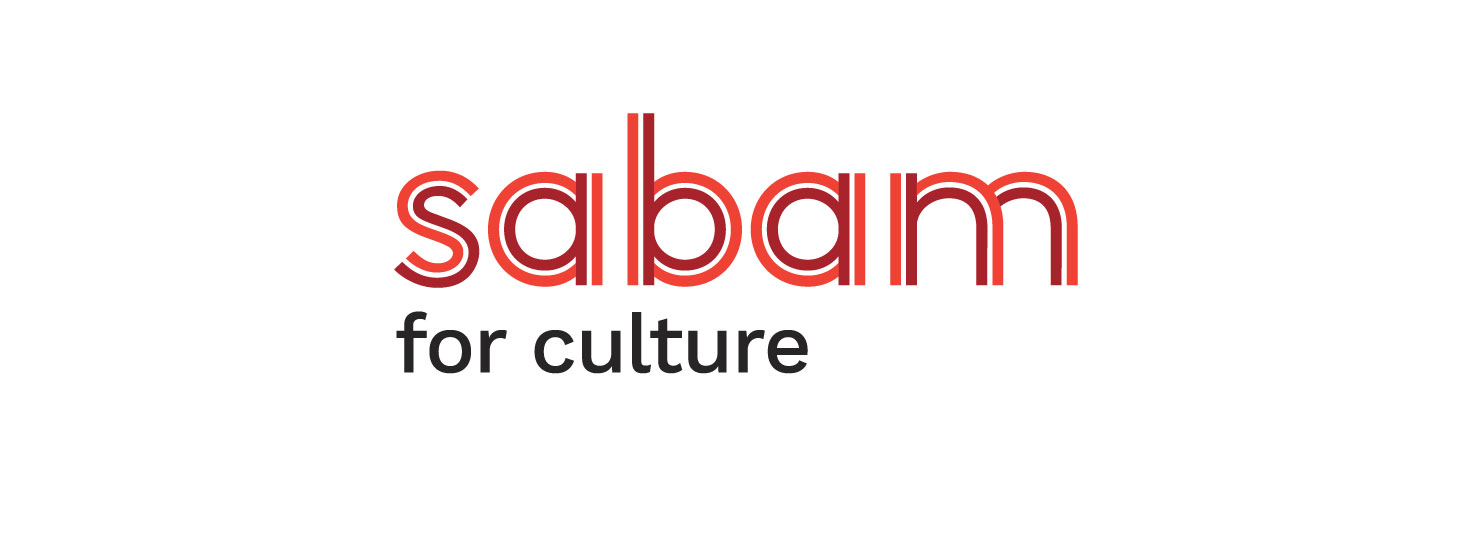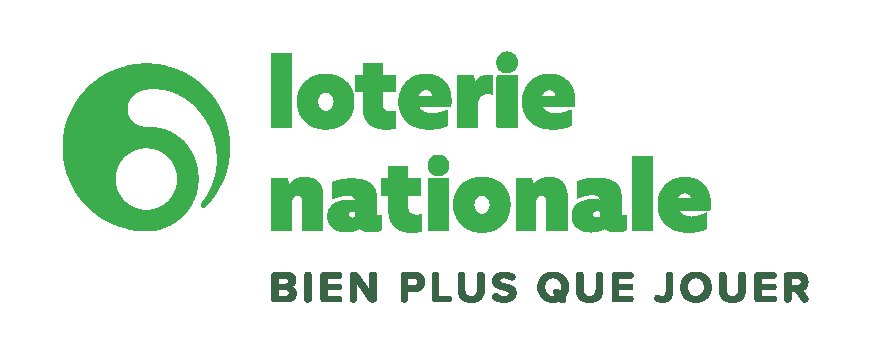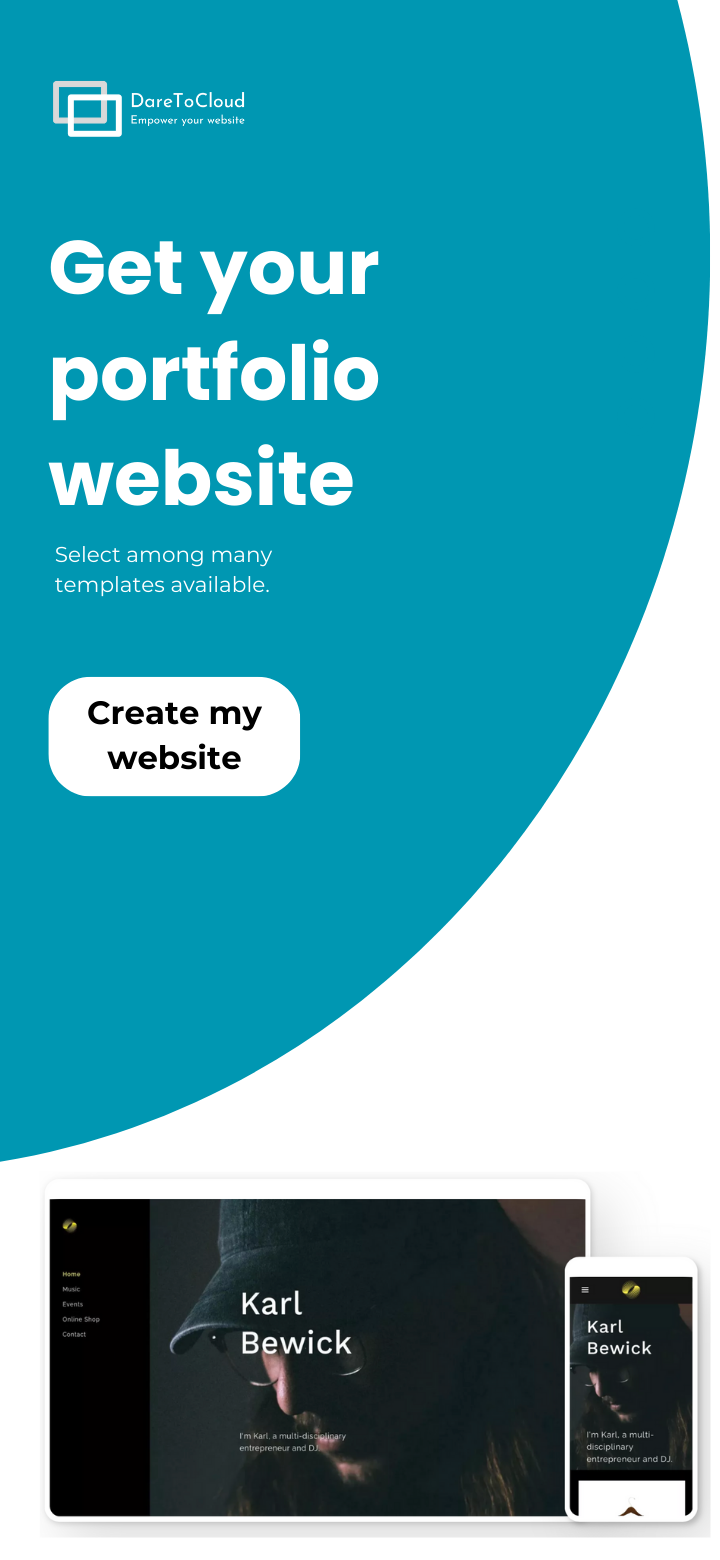Learn how to edit your own films - Gal Ziv - Indie-Clips Original Interview
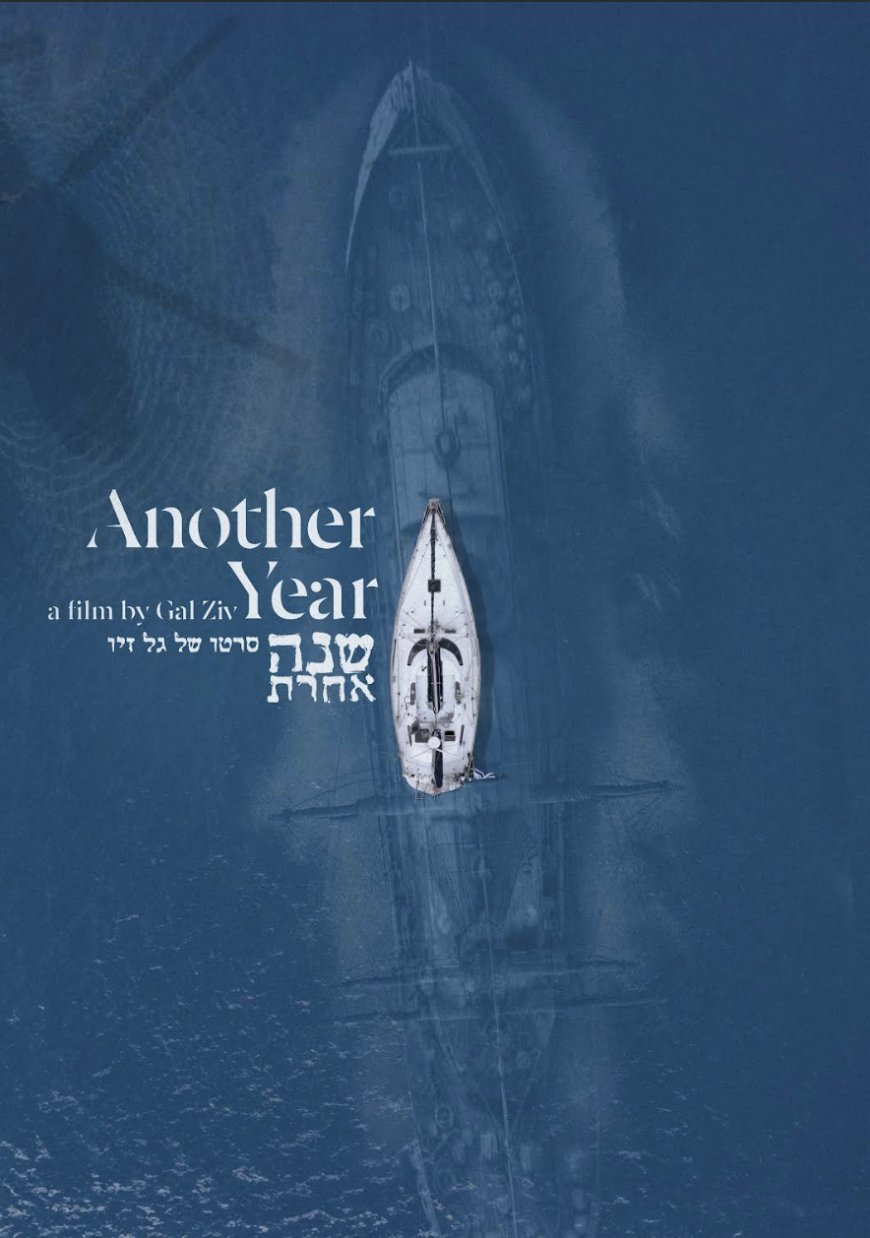
Indie-Clips Original Interview
Gal Ziv - Another Year
"Learn how to edit your own film"
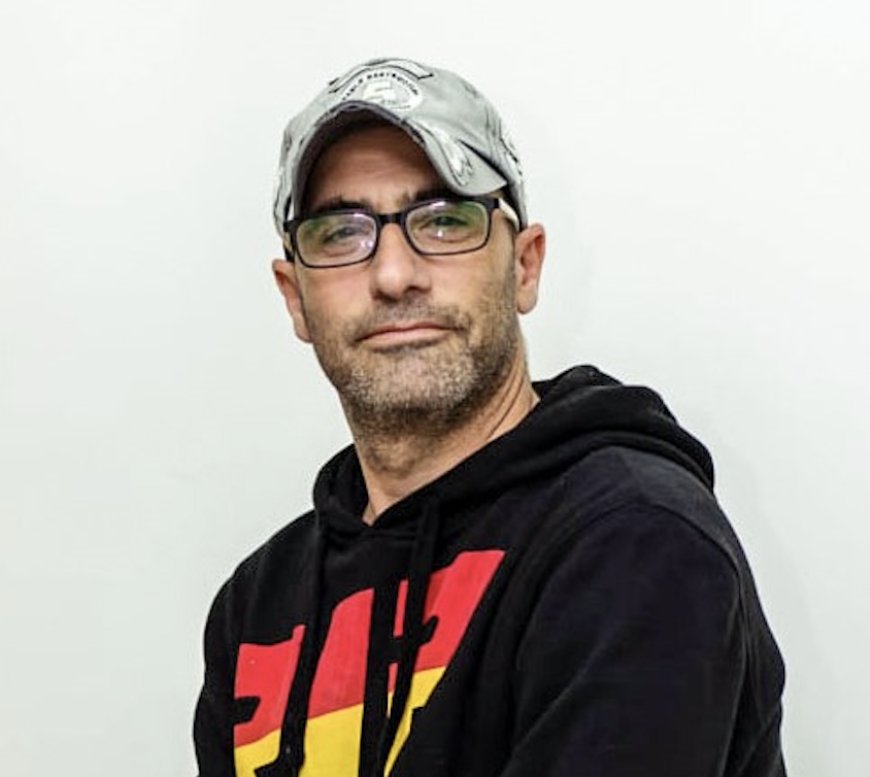
Gal, can you tell us more about yourself and your short film 'Another Year'?
First of all, thank you so much for the opportunity to share my film on Indie-Clips. Especially today, when there’s so much content and so many short films circulating online, being featured here is genuinely exciting. I hope this interview might offer a spark of inspiration to fellow filmmakers.
I’ve been making films since I was 16, and over the years, my work has always been influenced, consciously or not, by American Cinema. We grew up on the films of the ’80s and especially the ’90s that were a breakthrough decade for independent cinema, when storytelling took bold, personal, and unconventional turns. Although Another Year is framed as a dramatic short, I wouldn’t say the drama comes before the suspense. For me, the psychological tension is the drama. That’s the space I’ve always been drawn to: stories built from silence, mystery, and the emotional charge between the lines.
Another Year is a 27-minute drama blended with sci-fi and suspense. It follows Ze’ev (Actor Eran Bohem), a 68-year-old retired Navy officer living in solitude on his yacht. During what seems like a routine fishing trip, he receives a strange distress call over the radio. As the conversation unfolds, he realizes the voice belongs to a soldier from 1947, a radio operator fleeing British forces during the Mandate era, just before the founding of Israel. This eerie connection pulls Ze’ev into an emotional and existential journey that blurs the boundaries of time, memory, and identity.
Built around a quiet sense of suspense, the film invites the viewer to gradually settle into its emotional rhythm, until the story shifts again and surprises you just when you think you know where it’s heading.
Another Year was independently produced, with all the challenges and freedoms that come with that. We shot the entire film over two and a half days, entirely at sea, with a small and dedicated crew. The maritime setting plays a major role in establishing the film’s atmosphere and sense of isolation, even when the story unfolds close to the shore. It adds both visual beauty and inner tension to the overall experience
I’m grateful for any opportunity to share this film with new audiences, and even more grateful for the conversations it may spark.
What are your cinematic inspirations? Any short film or feature film you'd recommend watching?
I feel like the real influences and inspirations in my work often reveal themselves during the editing process. Since I also edit my own films, that’s usually the moment when I suddenly recognize a tone in a scene, a gesture from an actor, or the way the camera moves and realize, “Oh, that’s where I took this from…” You recall the film or director that inspired the scene, and you smile to yourself, alone in the edit room. Sometimes it’s intentional, but often it sneaks in unconsciously, and to me, that’s one of the most beautiful parts of filmmaking.
I especially love revisiting older films from the ’70s to the early 2000s that shaped my understanding of cinema. Suddenly, I’ll recognize a composition, a rhythm, or a mise-en-scène that found its way into my own work. It feels like discovering your cinematic DNA hidden in plain sight.
On set, I try to follow my gut. Even when I arrive fully prepared, I rely heavily on instinct and intuition. I usually write out a detailed shot list not necessarily to use it, but to keep the ideas close. And in the end, it’s in the editing room that I truly uncover what inspired me and maybe even who I am as a filmmaker.
If I were to recommend filmmakers, I’d start with those who know how to move a camera: De Palma, Scorsese, Pakula, Kubrick, Spielberg, Fincher, Nolan, and Zemeckis. Or someone like David Mamet, who surprises you through dialogue and structure. I also love listening to directors like Robert Rodriguez and Tarantino. Even if these names might sound obvious, they remain some of the best teachers we have.
Here’s a surprise: if a filmmaker really wants to understand cinematic fundamentals, the geography of a scene, visual clarity I’d point them to the work of Paul King, who directed Paddington 1 & 2 and Wonka. The way he simplifies a scene is remarkably clear and confident. If you want to learn how to block a scene, just watch Paddington. It’s like a masterclass in the vocabulary of cinema.
To offer something more current, I’d recommend Christy Hall, director of Daddio. Her sense of timing, within scenes and between them, is razor-sharp. The way she handles pacing, transitions, her story is framed with precision and purpose, showcasing a high level of craft. I found myself completely drawn in. also Coralie Fargeat (Revenge, The Substance), these women don't quote cinema, they simply make it. These are filmmakers who don’t try to impress you with their influences, they focus on telling their own stories.They don’t imitate; they create.
In contrast, I’m sorry to say, many debut features today, especially those rushed to streaming still feel like polished student films. Too often, the work comes off more like a film school exercise than a fully realized cinematic voice.
What was the biggest challenge you faced on the production of 'Another Year'? How did you overcome it?
The biggest challenge in Another Year came from two very different directions: one was production-related, and the other came from a specific scene in the script.
From a production standpoint, finding the right yacht was absolutely key. I needed something that fit the character, not too fancy, a bit aged, but still maintained a space that felt lived-in yet cinematic. We ended up shooting on a yacht that was originally built in the 1970s, which gave us exactly that quiet, nostalgic texture.
But even more challenging was finding a skipper with this kind of yacht who would let us bring eight people and filming gear on board, and who would trust us enough to say yes. Every time I told a skipper we planned to shoot for eight hours straight at sea, they would laugh and say it would never work that a film crew wouldn’t last that long on a yacht. And for a moment, you start to doubt it, too.
But then you think about all the other films you’ve made, and you speak with the film cinematographer, (Tomer Shtienberg) someone you trust, someone who’s experienced enough to know it can be done, and that gives you confidence. From there, it became all about watching the weather, checking forecasts daily, and keeping the crew on standby until the right window opened. Eventually, like it often happens with films made from the heart, everything aligned just in time.
The second major challenge in Another Year was its emotional core: a long, quiet conversation between two people, but only one of them is visible on screen. Ze’ev (Eran Bohem), the main character, speaks through the radio with someone we never see, and that dynamic naturally raises concerns. Some people felt the scene might be too long, especially considering today’s fast-paced viewing habits.
But the film was essentially built around these scenes on sound effects and a one-man-show concept that incorporates radio frequencies. To make it engaging for viewers, the sound design and music (composed by Avi Belleli) were carefully crafted to support the story, build tension, and surprise the audience. I love how the soundtrack and audio design (by Sagie Berger) anticipate danger and foreshadow plot twists, giving both the character and the viewers subtle hints about what’s to come. These sound shifts break up the drama just enough before pulling you back into it. It’s the emotional anchor of the entire film. The puzzle and suspense build toward that pivotal conversation moment. It’s not something you can cut or shorten without losing the soul of the story.
What surprised me most was how young audiences reacted to it. When I screened the film for adults, I expected them to engage with the dialogue-heavy middle. But even children and teenagers who are used to one-minute TikToks and fast editing were captivated by this emotional radio conversation. They leaned in, asked questions, and wanted to understand. They were curious not only about the story but also about the history of the state, which feels especially relevant now, at a time when the state is so wounded.
In Israeli cinema, most dramatic films tend to deal with identity, social conflict, religion or local politics, often in direct or symbolic ways. I deeply respect these films, but I’ve always felt drawn to something different, something more entertaining. My challenge was to create a film that still carries the emotional weight of Israeli-Jewish history but approaches it from a new angle: through mystery, suspense, and a sci-fi motif grounded in emotional truth. In a way, I wanted to reframe our collective memory not through argument, but through empathy and cinematic curiosity.
As we all know, films are time machines, and Another Year is exactly that: a time-machine film. Cinema gives us the rare chance to revisit the past not to rewrite it, but to feel it differently. For me, this was about telling an Israeli-Jewish story without shouting it, just letting it echo quietly through a human connection.
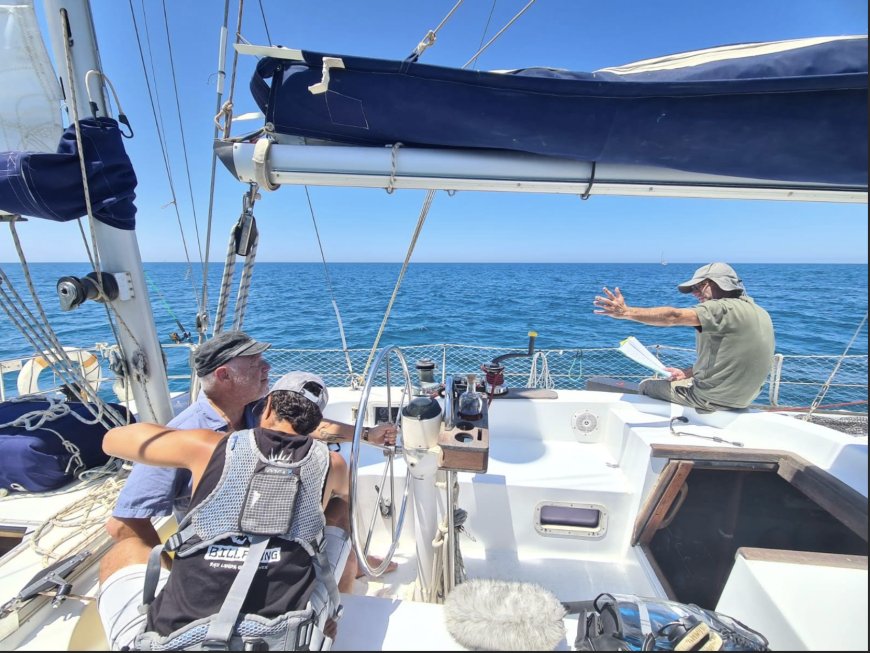
What is the best memory you have from shooting your short film?
I remember everything and almost all of it feels joyful and deeply rewarding. But there’s one thing I keep returning to. It’s something about how I experienced being on set this time.
Before Another Year, working on set often came with a certain pressure: chasing daylight, staying on schedule, pushing through. As much as I’ve always loved filmmaking, there were moments in previous films when it started to feel like a race. You just want to finish it, see it, and move on to the next one.
But this time, even with all the challenges of shooting at sea, something was different. There was a calmness to the process. There was still some pressure, of course but it didn’t come from panic.
During those shoot days, I felt like I was on a kind of creative vacation. It was surprising: here I was, filming a script I wrote back in 2013, finally bringing it to life as an independent production yet I wasn’t stressed and that made a huge difference.
I think it had a lot to do with maturity and maybe also with how deeply I knew the script. I was surrounded by people I trusted: a brilliant cinematographer, and a lead actor who gave a heartfelt performance without ever watching the clock. It became one of the most meaningful discoveries of the entire experience.
The question we all want to know about: can you share one piece of advice to our audience of independent filmmakers making their first short film?
Learn to edit your own films. Directors who also edit save a tremendous amount of time on set also when working with clients or on commissioned projects. It gives you a deeper understanding of what connects, what matters, and how the entire piece fits together.
Even on a technical level, sound, dialogue, continuity, you begin to anticipate issues in real time. And I’m not talking about the tired cliché that “a director shoots for the edit.” Of course every director does, but when you are also the editor, you can push past creative limits that others might see as the end of the road, from your actors to your makeup artist. You don’t just shoot for the edit, you think like the edit, and that opens up possibilities others might overlook.
More importantly, editing teaches you how to navigate problems on set. It’s not just about stitching shots together, sometimes a key prop breaks, or a scene doesn’t land the way you hoped. When you think like an editor, you know how to adapt, rethink, and find creative solutions in the moment.
There’s also a deeper layer of storytelling that only reveals itself when you have this skillset. It opens up new and original ways to tell your story, ways you might not have seen otherwise.
Sometimes, when a cut flows beautifully in the edit, I’ll record it on my phone and write down a few notes to capture the rhythm or the creative instinct behind it, so I can bring that cut and feeling into future projects. Editing trains you to think like an architect of emotion and timing. It’s one of the most powerful tools a director can have.
Any future plans? Tell us more about your upcoming projects!
There are a few small short film ideas I’ve been carrying with me for a while. Lately, I feel a quiet readiness to finally approach them, maybe even finish one more quickly this time. Ideas come and go, but when one stays with you long enough, it might be asking to be made.
I often say that I made Another Year in order to make whatever comes next. For me, it’s always been about finding a way to move from thought to action, even in small steps.
At the moment, I’m gently leaning toward developing a feature. The seed is there, the visual world, a few moments I can already see but the story is still finding its shape.
Where can we see your work? Any way our fellow filmmakers can get in contact with you?
I have some of my short features available on YouTube (@galziv), and a few of them are actually in English. I’d love to hear people's thoughts.
In the meantime, you can check out the trailer for Another Year (link). The full film will be available online at a later stage because now is the time to share our story globally.
At a moment when Israeli voices can feel isolated, I believe it's more important than ever to let cinema speak to connect, to challenge, and to remind the world of the human stories that unite us.
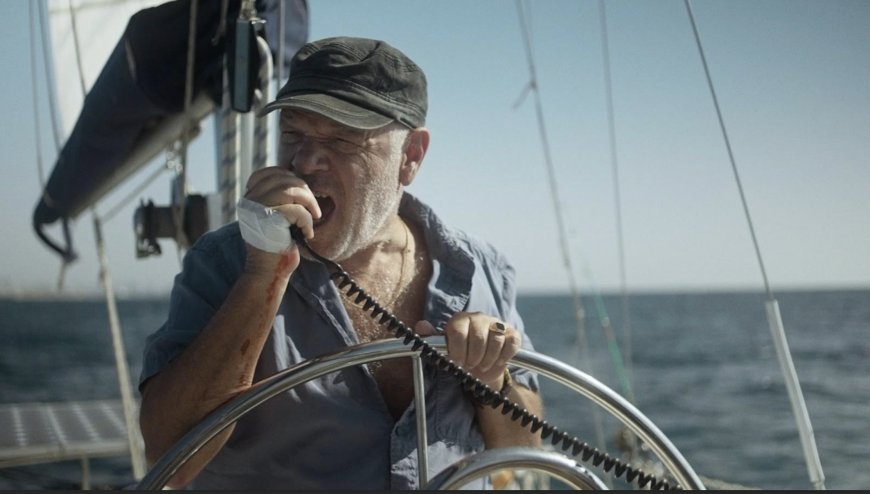
What's Your Reaction?
 Like
1
Like
1
 Dislike
0
Dislike
0
 Love
4
Love
4
 Funny
0
Funny
0
 Angry
0
Angry
0
 Sad
0
Sad
0
 Wow
4
Wow
4


